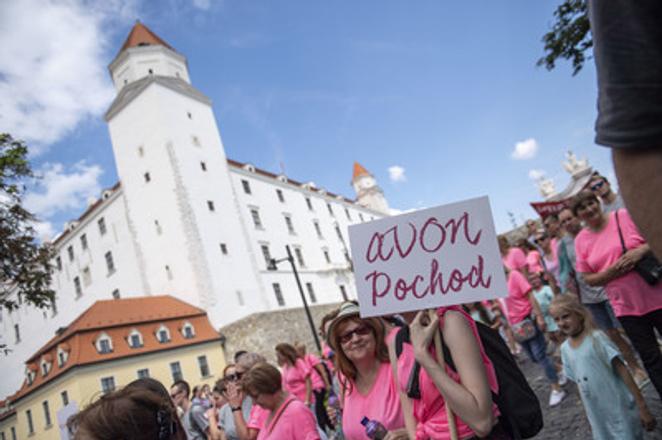After ten years and four governments – three of them led by the Smer party – the state wants to update the National Oncology Register. This is part of the National Oncology Programme to be adopted soon; and Slovakia is the last European Union member state to adopt it. In the country, more than 30,000 people get cancer annually, which is a medium-sized town. One third of them are cured, one half survive in the long term. But these figures are mere estimates, as updated figures for the National Oncology Register have been missing for eight years, the Sme daily wrote on June 20.
The register has been in place since 1978, with data from 1968. They were added until 2008, then the updating became stuck and for ten years, only data from 2009 and 2010 were listed.
Health Minister Andrea Kálavska (Smer nominee) said on June 19 that her ministry would again update the register starting this autumn. It should contain complete data sometime next year.
Then we should finally know the precise number of cancer patients, which is important for doctors to diagnose the disease in its early stage and efficiently treat it, oncologist Jozef Šuvada told Sme, adding that now, cardiovascular diseases are the top killers but the global trend shows cancer will prevail.
The National Oncology Program should help reduce the number of oncology patients.
Precise stistics necessary
“The main task in the long run is to reduce the number of new cases, better diagnosis, earlier therapy, better care after oncology treatment,” Kalavská said. The ministry is also launching the Year of Prevention project, which will inform people about their options.
The core idea is that from this autumn, three screenings – for breast, cervical and colon cancer – should help detect the disease in early stages, Špánik said, as quoted by Sme.
Precise statistics can help, too, the doctor said. He added that currently, hospitals and doctors do not report them, despite being obliged by law. Experts suggested that fines or rewards – of €30 – should help.
According to data available, in 2014 almost 14,000 Slovak inhabitants died of cancer. The speed at which new cases appear has been increasing in the hundreds to thousands of cases a year, Špánik told the daily.
Until 64 years of age, women are more prone to cancer; but after 64, men beat them, according to the oncology register data from 2008. With men, colon cancer is most frequent, but they die of lung cancer more since it is usually detected in later stages. The third most-frequent type is prostate cancer. Women are most plagued by breast cancer, followed by cervical, ovary and colon cancer.
Screenings, vaccination fight against cancer
Since autumn, the Health Ministry plans to introduce regular (usually biennial) screenings. Currently, the participation is around 30 percent, according to the minister, but invitations to screenings should help this – by increasing the rate to at least 50 percent.
The vaccination against human papilloma virus (HPV) should help as well. Beginning in 2019, girls and boys aged 13 can get free vaccination, Kalavksá noted. She added, however, that a massive anti-vaccination campaign has already started, involving hundreds of emails – mostly fighting against the compulsory vaccination.
The Minister assured, as quoted by Sme, that the HPV vaccination will not be compulsory at all.



 The Avon march strives to raise awareness of breast cancer. (source: TASR)
The Avon march strives to raise awareness of breast cancer. (source: TASR)